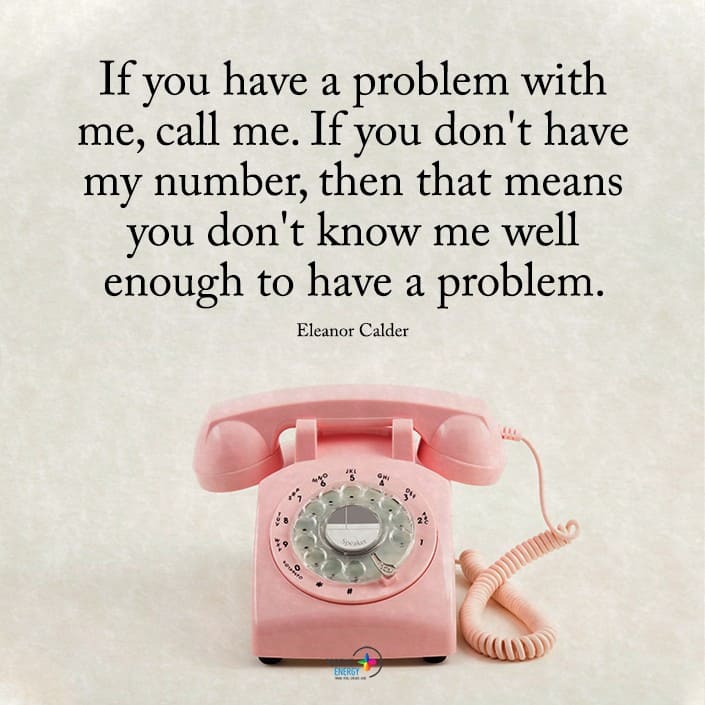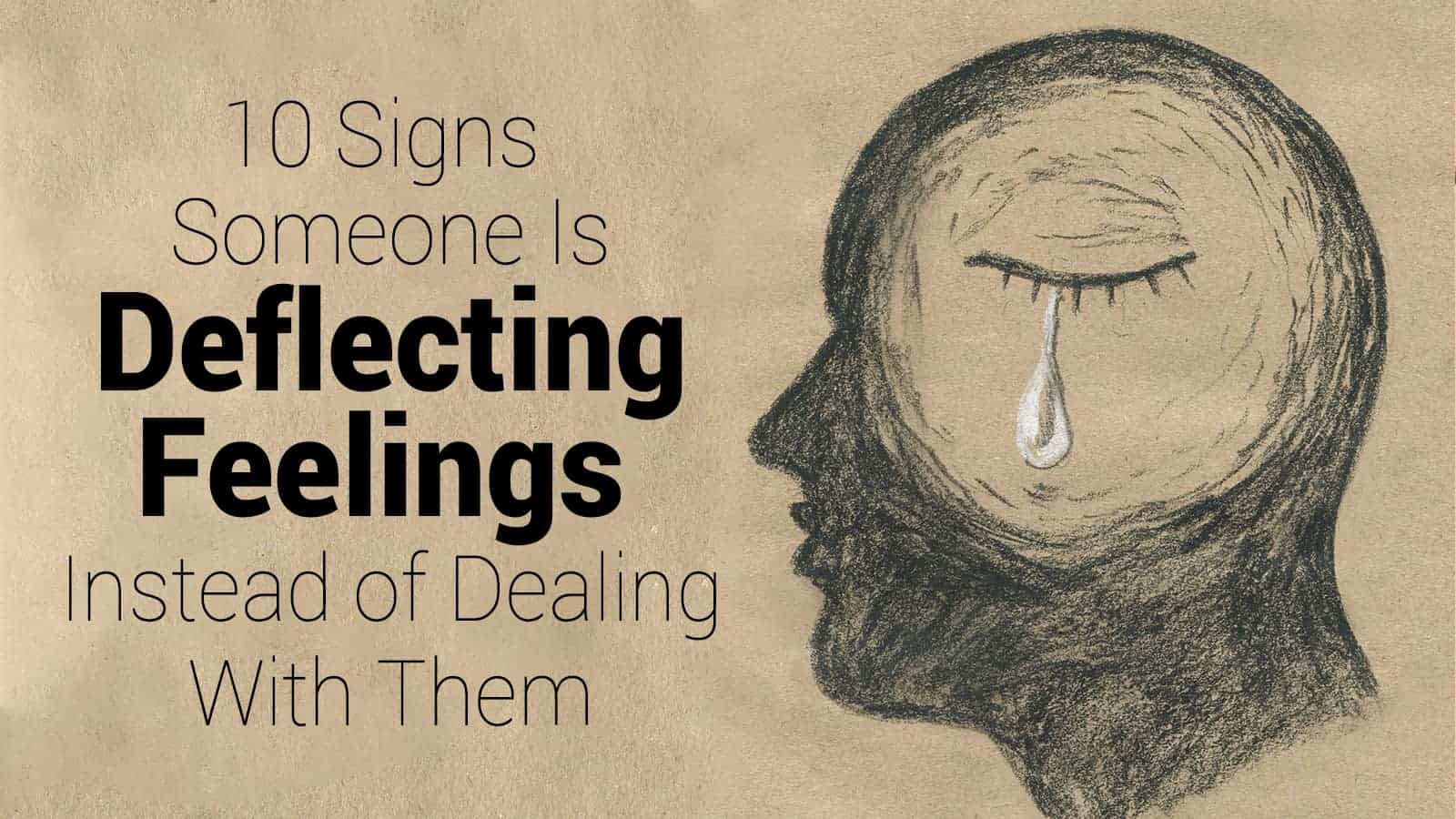Your emotions are part of the intricate threads that connect your body, mind, and spirit. Expressing your feeling, but what if heightened sensitivity causes you a pro at deflecting feelings?
Human emotions have been a source of curiosity for thousands of years. Although the psychology of emotions has come a long way, experts still don’t fully understand them. While your feelings result from positive or negative stimuli, your emotional attitude can also affect your surroundings.
According to a study published in the National Academy of Sciences by Cowen and Keltner, humans have up to 27 emotions. Many of them overlap and have definite physical and mental effects. Your feelings also vary in intensity, says the study.
Many of your emotions stem from pleasant experiences, and expressing them only heightens your pleasure. Consider feelings like happiness, joy, surprise, and humor. Even if you are good at deflecting feelings, these emotions come naturally to you.
However, the human experience isn’t always a joyride in the clouds. Loss, frustration, and adverse life events are inevitable. The weave and weft of these feelings help create the tapestry of your temperament and personality. As the book of Ecclesiastes shares, there is a time for everything under the sun.
Ten Signs of Someone Deflecting Their Feelings
Are you one of the countless people who are good at deflecting feelings? If your heightened sensitivity makes showing your emotions uncomfortable, you may often hide your genuine emotions and thoughts.

The poet Paul Laurence Dunbar compared this common ploy to wearing a mask. All your family and friends see is the smiling mask you may wear to camouflage your pain or fury. While deflecting feelings is sometimes expected, heightened sensitivity may cause it to be a habit.
It may be an emotional disconnect if this sounds like you or someone in your life. It’s like children who cover their heads with blankets to make the monster under the bed disappear. Here are ten signs that someone may be ignoring and deflecting feelings.
1. They Feel Uncomfortable With Signs of Emotions When Deflecting Feelings
If a person has heightened sensitivity, they may be a pro at deflecting feelings. Maybe their family and friends have remarked that they are too severe or stoic. Although they may appear cold and callous, they aren’t true to themselves.
They may be repressed that they view other people’s show of emotions as a weakness. It’s common for this personality type to disregard others’ feelings and tell them to “suck it up.” They often use cold anger to redirect their real feelings and use it against those in their circle.
2. They Rarely Cry or Show Their Temper
Everyone grieves differently, and many people don’t mourn publicly. However, those whose senses are heightened are their rarest criers. Even when they are alone or with trusted family or friends, they’ve learned to hold back the tears.
The same goes for displaying their anger. These are the type of people who can smile and nod while inwardly seething with rage. To deflect their pain or irritation, they may often use humor.
3. They Have a Fear of Intimacy
If you’ve ever had a relationship with an emotionally hampered person, you know how difficult it can be. Couples in healthy and lasting relationships share everything, including their feelings. They aren’t afraid to be vulnerable or express their deepest thoughts, dreams, and fears with their mate.
Those who love deflecting feelings can’t fully express their thoughts and needs in a relationship. When conflicts arise, they often refuse to take responsibility and shift the blame to their mate. Since intimacy is the ultimate expression of love and emotion, their romantic relationships tend to be short-lived.
4. They Often Struggle with Addictions
Emotions were never meant to be bottled up in your heart. At some point, they must have an outlet. When people with heightened sensitivity refuse to deal with their emotions, it often morphs into addictions. Whether the addiction is to alcohol, drugs, food, or even the Internet, it can be a tool for emotional suppression. Addicts long for that high that temporarily numbs their feelings.
Unfortunately, the highs don’t last, and the problems and related emotions return with a vengeance. Plus, addiction wreaks physical and emotional health havoc and can destroy loving relationships. These devastating consequences cause more emotional turmoil and keep the person looking for relief.
5. They Usually Have Elevated Stress Levels
Life without some stress isn’t possible. Survival depends on your innate stress reaction. You also use pressure to enhance problem-solving skills and to learn and grow throughout your life. Some stressful situations are beneficial.
However, constant high-stress levels are detrimental to your health. People use emotions to communicate and cope with stress. Those who suppress or deflect their feelings are compounding their problems.
In addition to affecting physical health, undue stress can also create anxiety, depression, and other mental health conditions. The more anxious some people get, the more they may try to hide their emotions, increasing their tension. It’s a vicious cycle that robs people of their well-being.

6. Their Sleep Cycle May be Unbalanced
Do you know how you feel when you awaken after a lousy night’s rest? You may be enshrouded in brain fog for the entire day and feel exhausted and irritable. But you are probably on your game when you’ve got enough sleep.
Part of the stress of deflecting emotions is poor sleeping patterns. The person may be plagued with insomnia or might sleep too much. As a result, this debilitating brain fog often becomes their new normal.
Since their moods are off-balance due to a lack of sleep, they may experience heightened sensitivity. They deplete what little energy they have trying to squash their feelings or deflect them onto others. All the penned-up emotions and exhaustion often manifest as weird dreams or nightmares that further hinder their sleep.
7. They May Resort to Gaslighting if Deflecting Feelings
Those who bury their emotions usually aren’t comfortable around people who don’t. Consequently, they expect their mate and others in their circle to conform to their emotionless state. If not, they may use gaslighting to deflect their true feelings.
You recognize this subtle psychological abuse if this sounds like your current or past partner. They hide their emotions by downplaying yours and implying that you’re petty and unreasonable. You may hear snide remarks like, “it’s all in your head,” or “you wear your feelings on your sleeve.”
Gaslighting is just one ploy emotionally suppressed people may use to deflect their feelings. They bring their partner, family, and friends into a vortex of pain and abuse. Deflecting feelings hurts all who are involved.
8. They Tend to Be Introverts
Not all introverts suppress or deflect their emotions. Many introverted people use their heightened sensitivity to be more in tune with their feelings. While they may freely express their feelings in solitude, many aren’t above sharing with close family and friends.
However, people who suppress their feelings often prefer solitude. Even alone, they often refuse to address their emotional issues. They retract into the swirling shadows of past regrets and unspoken feelings.
If you know someone with these tendencies, you’ve probably noticed that they can be reluctant extroverts. They might even be the life of the party and the first ones to crack a joke. Although, it’s often a well-rehearsed ruse to cover their pain or secretly blame others for it.
9. They Are Often in Complete Denial
One of the many frustrating issues involved with those who suppress or deflect emotions is denial. Since they don’t want to feel guilty or less than perfect, confronting the problem can be difficult. They will usually categorically deny that they have any emotional issues and will shift the blame to you.
Their heightened sensitivity closes their ears and their minds. Change is a lot of work and can be painful. So, instead of being receptive and open to help, they slam their heart’s doors.
10. They Aren’t Always Empathetic
Just because a person is emotionally closed doesn’t mean they are cruel and enjoy seeing others hurt. Many have just programmed themselves early on not to get emotionally involved. To observers, they may seem icy and distant.
Some people who suppress or deflect their feelings do have problems with empathy. Since being empathetic involves linking your emotions to hurting people, they may turn the other way. They can’t deal with their feelings and don’t want to deal with other people’s pain.

Final Thoughts on Being Able to Identify When Someone Is Deflecting Feelings
Situations and your environment often solicit emotions that make you uncomfortable. However, deflecting feelings only makes the problems worse. When you’re honest and allow yourself to feel each emotional nuance, it’s a step toward finding solutions and improving your relationships.


















